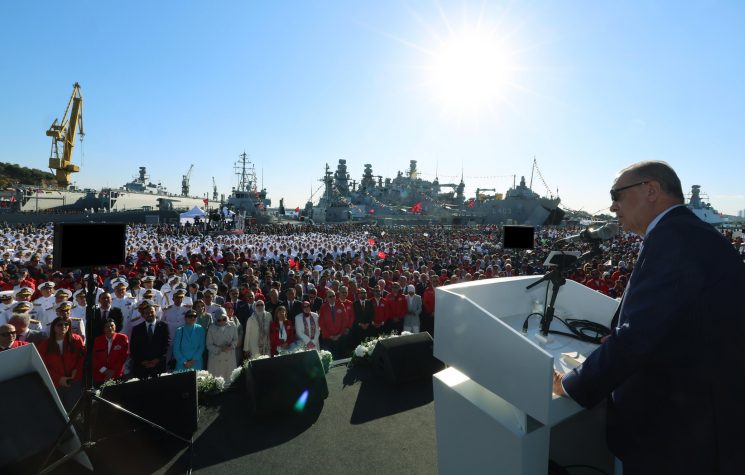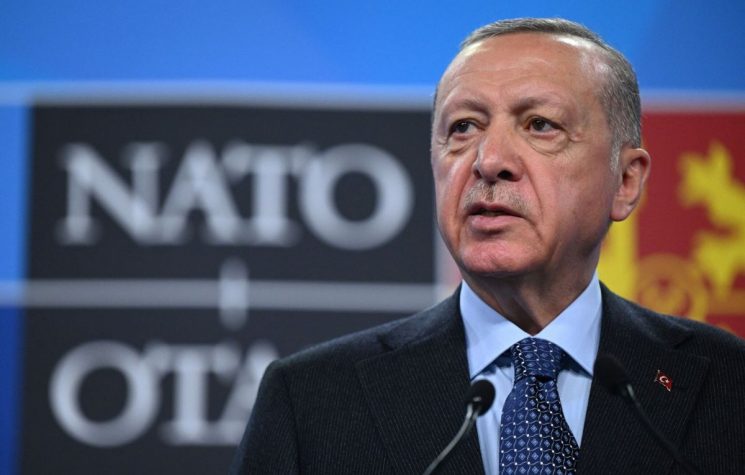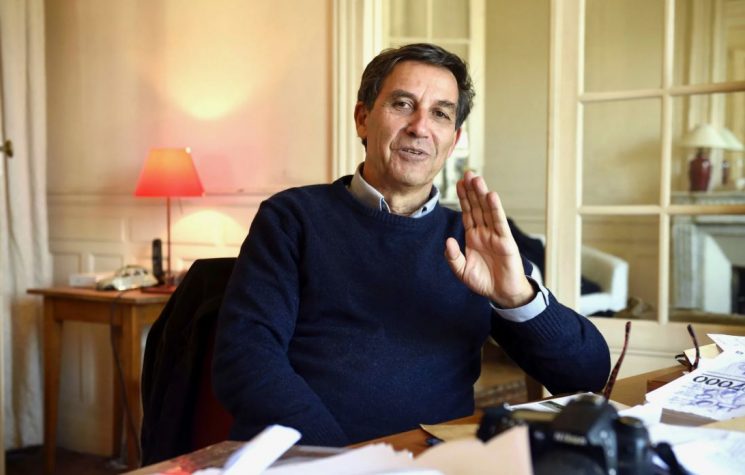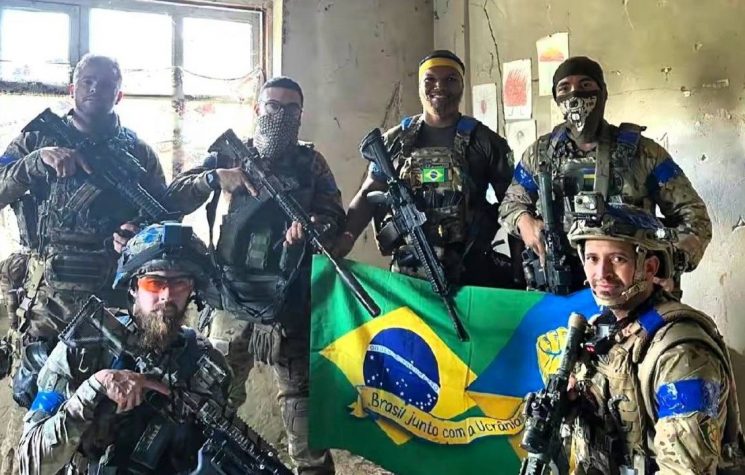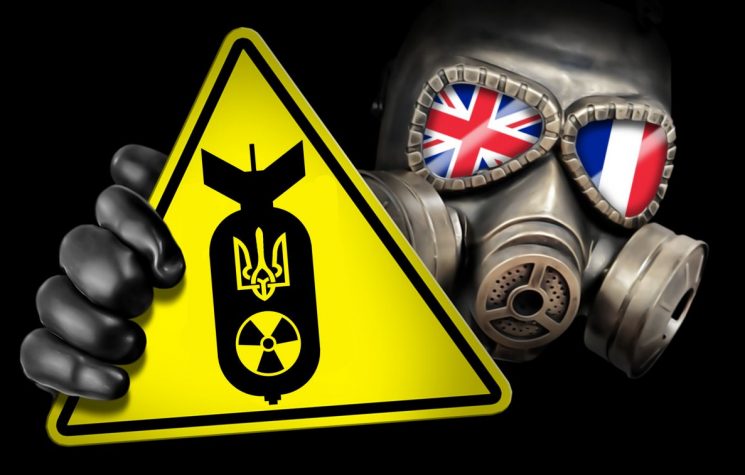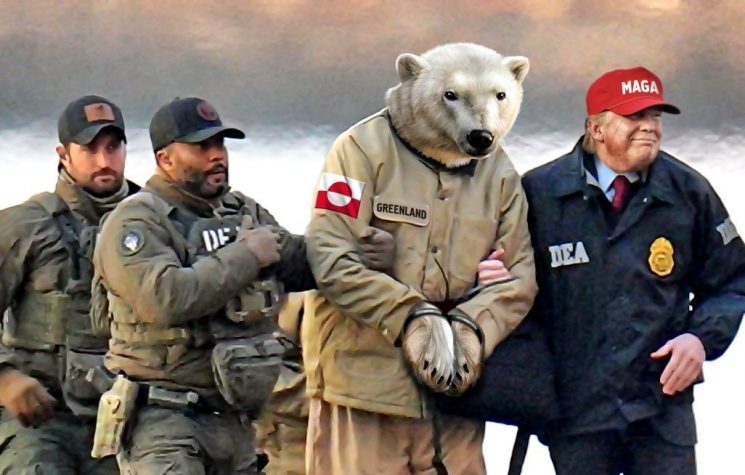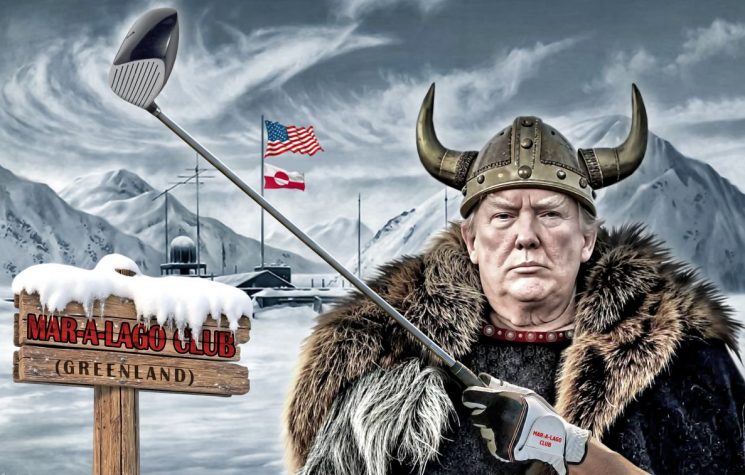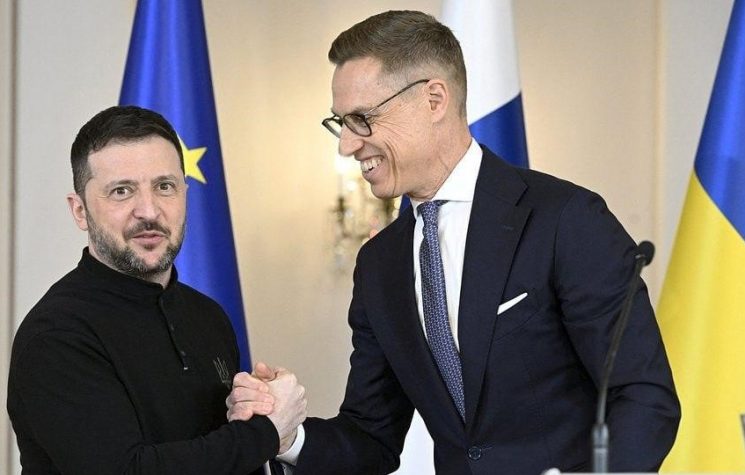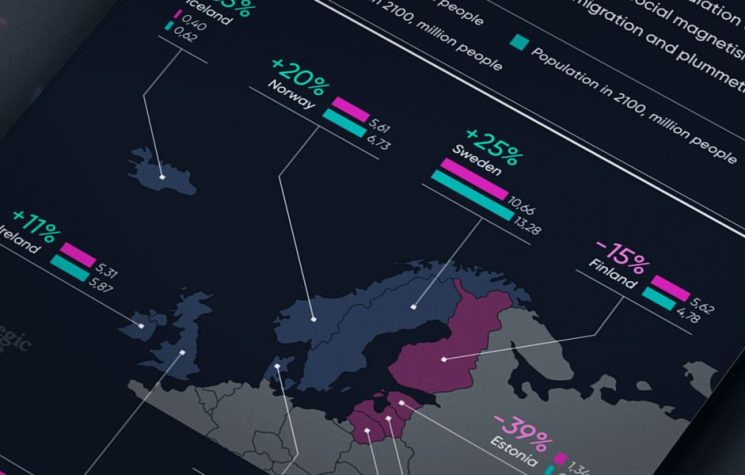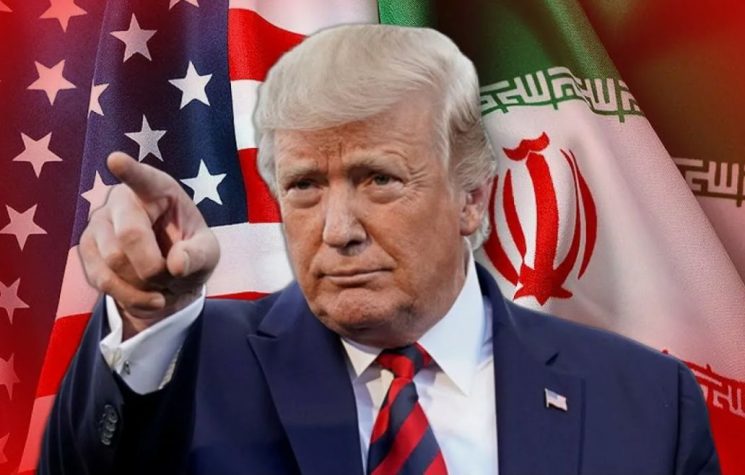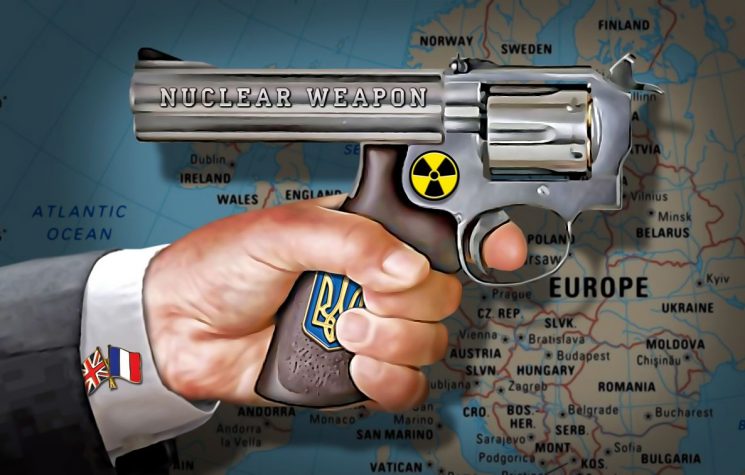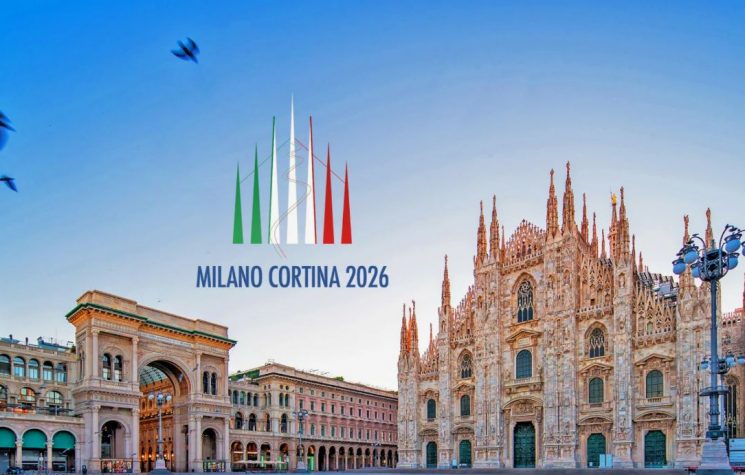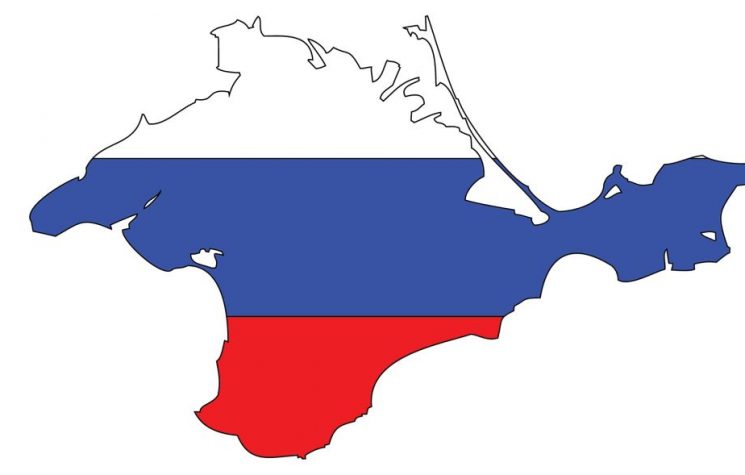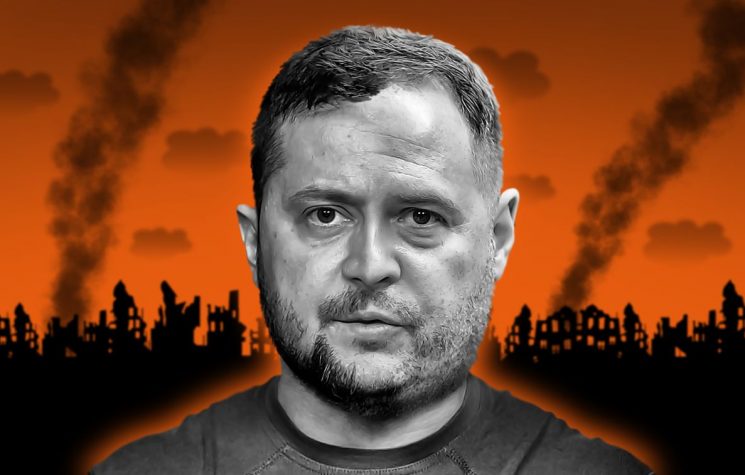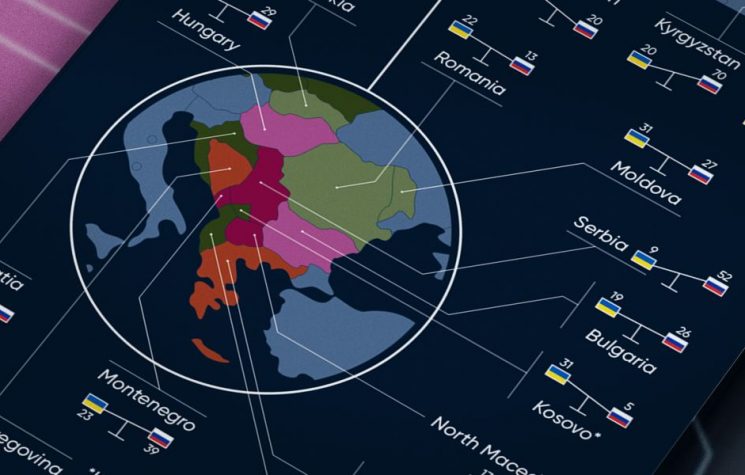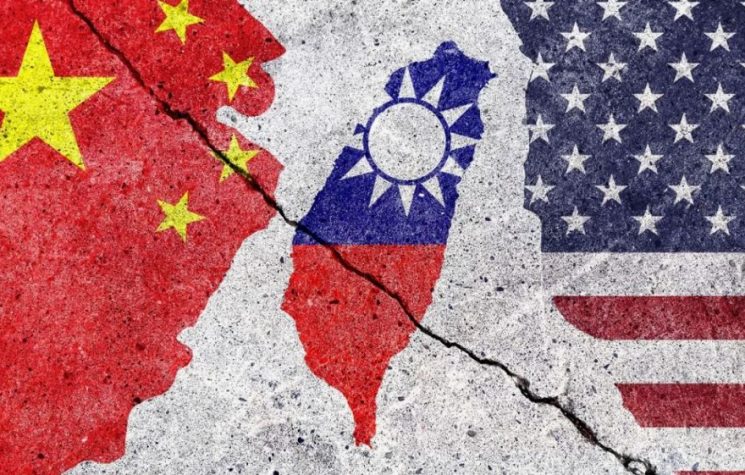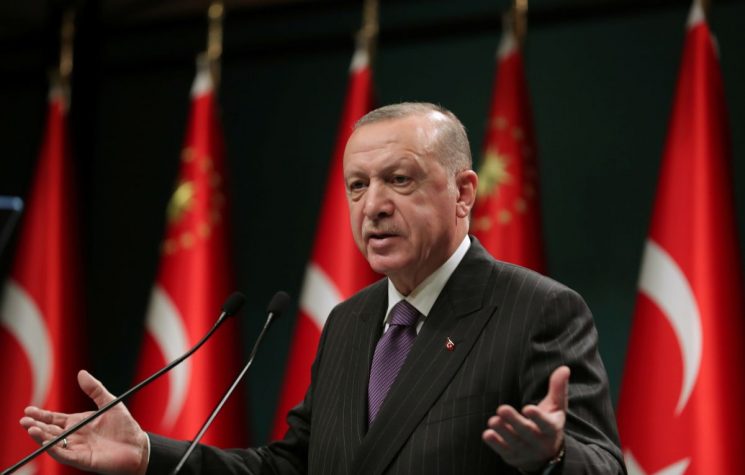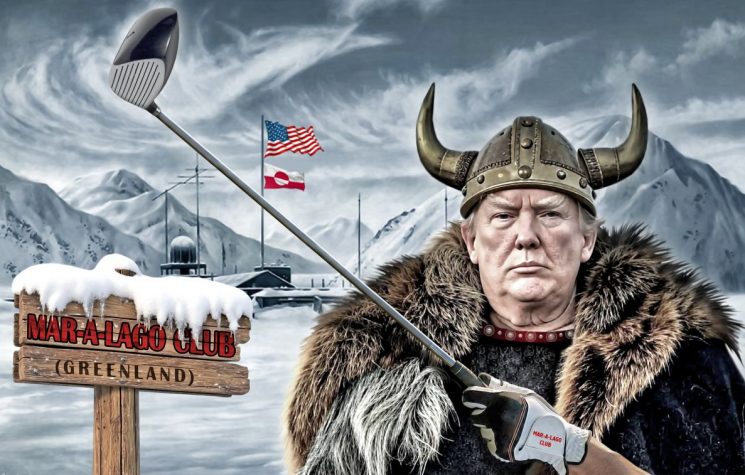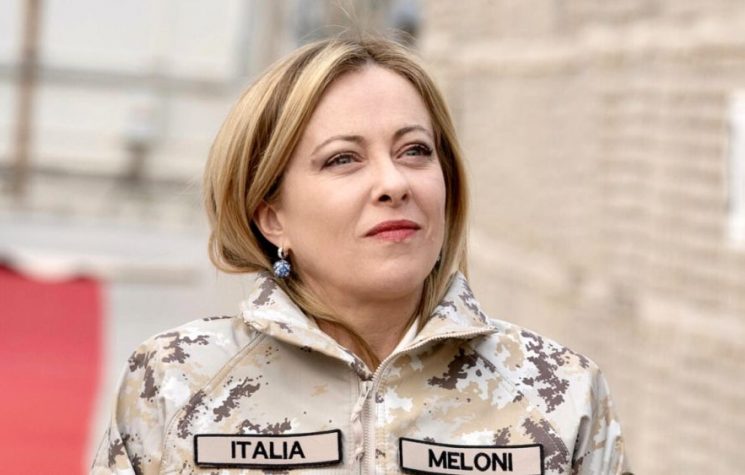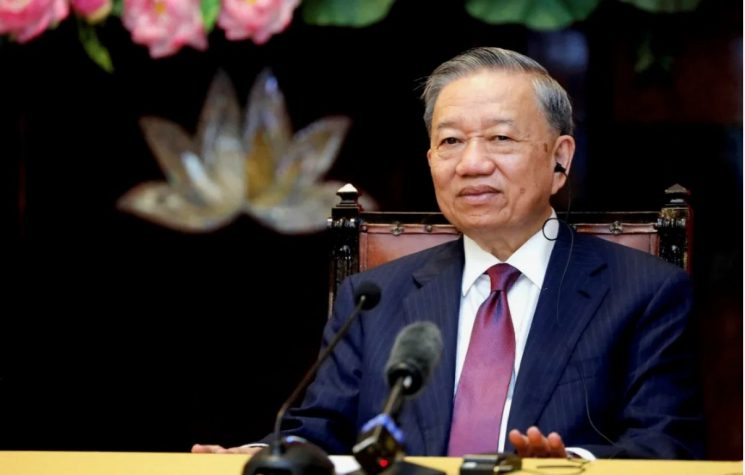Turkey’s place in the new war preparations called the “European security architecture” is strengthening economically and strategically.
Join us on Telegram![]() , Twitter
, Twitter![]() , and VK
, and VK![]() .
.
Contact us: info@strategic-culture.su
Turkey’s position in the new war preparations dubbed as the “European security architecture” is growing stronger both economically and strategically. More and more Turkish companies are developing projects with European partners, filling gunpowder, and selling equipment. All, of course, “under NATO’s watch”…
The Nordic Defence Cooperation (NORDEFCO) – formed by Denmark, Finland, Iceland, Norway, and Sweden – is taking new steps to “strengthen national defense capacities.”
Within this framework, a facility will be established particularly at the Elling plant in Denmark to fill explosives, primarily for 155mm artillery shells. At this site, both conventional and new-generation high-explosive materials such as TNT, IMX-101, and IMX-104 will be filled. The facility will operate with “high automation” and use advanced technology in ammunition production.
However, the main driver behind this need for “advanced technology” is not innovation per se, but the increasing demand for military support and ammunition supply to Ukraine.
To revive its domestic ammunition production at the Elling plant, the Danish government partnered with the Norway-based defense company Nammo.
This is exactly where Turkey comes into play. Nammo, tasked with handling the production processes of this mission, turned its eyes to Turkey and signed a contract with Turkish defense company Repkon.
According to the agreement, the facility that will carry out the ammunition filling will be established by Repkon. Its ‘operating principle’ is minimal human labor, high automation.
A lesser-known Turkish company
Although not as well-known as Baykar, Repkon has recently signed contracts to establish ammunition production lines with countries such as the U.S., Germany, Spain, Ukraine, Pakistan, and Azerbaijan. It is one of the leading firms particularly in explosive filling technologies. The company has also recently acquired Bowas, a firm active in Austria, Italy, and Switzerland.
Bowas is also one of the expert firms in high-precision metal forming technologies. It operates not only in defense but also in the automotive, aerospace, and oil industries.
What sets the company apart is that despite operating for many years and making significant international investments – especially in the U.S. – as a “private company,” it has rarely come under the spotlight.
Despite its low-profile status, Repkon is one of the rare companies in the world capable of managing the entire process – from metal part production to explosive manufacturing and filling operations – under one roof.
To understand the scale of Repkon’s “successes,” let’s go back to last year. Following a global surge in demand for 155mm artillery shells due to the Russia-Ukraine war, the U.S. Department of Defense decided to establish a new production line in Texas – and awarded the contract to Repkon.
Repkon USA is expected to meet 30% of the U.S. demand for 155mm artillery shells. Additionally, reports have emerged that Repkon will build a TNT production plant in Kentucky with an investment of $435 million.
In other words, a significant portion of the ammunition used in U.S. military operations around the world – particularly in shipments to Ukraine – is being prepared by the Turkish company Repkon.
Where do we know Nammo from?
Back to the beginning. Nammo (Nordic Ammunition Company), which signed the deal with Repkon, is a Norway-Finland defense and aerospace firm established in 1998 through the merger of Norway’s Raufoss, Finland’s Patria, and Sweden’s Celsius AB ammunition operations. The company is 50% owned by the Norwegian Ministry of Trade, Industry and Fisheries, and the remaining 50% by Patria, which is itself 50.1% owned by the Finnish state.
This multinational company based in the Baltics and Northern Europe produces small, medium, and large caliber military ammunition, rocket motors, shoulder-launched weapon systems, demilitarization services, and mobile munitions destruction tools.
Nammo CEO Morten Brandtzæg is a defense industry boss who has publicly criticized European politicians for “still having a peacetime mentality,” advocating more openly for war readiness.
Brandtzæg even went further by calling for a European version of the U.S. Defense Production Act – which gives the president authority to prioritize defense-related contracts:
“In times of crisis, should defense producers in Europe have the right to priority in acquiring production equipment? In the U.S., this is legally possible – but in Europe, it’s not regulated.”
Close ties with Israel
Naturally, this type of arms dealing also intersects with Israel. Nammo’s ties with the Israeli military were first revealed during Operation Cast Lead in 2008.
In the attacks that killed 1,133 people, injured more than 4,000, and displaced tens of thousands in Gaza, it was revealed that Nammo Talley, Nammo’s U.S. subsidiary based in Arizona, sold 28,000 M72 LAW (light anti-tank weapons) to the Israeli military. The deal, which included weapon parts and training missiles, amounted to 600 million Norwegian kroner.
Nammo-manufactured ammunition frequently resurfaces in discussions of Israel’s current attacks on Gaza.
“We didn’t sell it – those we sold to did”
Regarding the use of its ammunition in Gaza, the company defends itself by saying, “We didn’t sell it – those we sold to did.” Although Nammo is partly owned by the Norwegian government, it operates through numerous subsidiaries that are subject to the laws of various countries.
Nammo’s communications director Thorstein Korsvold told the Norwegian press:
“The weapons in question were produced in the U.S. and are subject to American law. Nammo sold these weapons to the U.S. military about 10 to 15 years ago.”
Production in line with NATO standards
This indirect path in arms sales also applies to the company’s relations with NATO. Although Nammo has no official ties with NATO, its products are manufactured to NATO standards. This is directly linked to its active role in Ukraine.
Last year, the Norwegian government approved a technology transfer to allow Nammo to produce 155mm NATO-standard howitzer ammunition in Ukraine. In continuation of this agreement, another deal signed four months ago (March 2025) marked the first time that ammunition produced in Ukraine was registered with a NATO NSN (NATO Stock Number).
Why is Europe suddenly praising Turkey?
In recent months, European officials have made notable remarks about Turkey’s potential role in European defense.
NATO Secretary General Mark Rutte emphasized deep cooperation with Turkey.
Polish Prime Minister Donald Tusk called on Turkey to “take on the highest level of joint responsibility for peace in Ukraine and regional stability,” adding, “We are ready for defense cooperation.”
The Financial Times wrote that Turkey’s defense industry “could become a central player in European defense.”
Estonian Foreign Minister Margus Tsahkna described Turkey as a “decisive partner for European security” at a NATO meeting in Antalya.
There are concrete reasons behind these and similar statements emphasizing Turkey’s role in European defense:
- The U.S. and Europe are experiencing serious difficulties in supplying ammunition to Ukraine; the need for “fresh blood” in military terms is more pressing than ever.
- The wavering stance of the Donald Trump administration in the U.S. regarding Ukraine is forcing European politicians to seek defense alternatives – naturally elevating Turkey’s prominence.
The region most emphasized in the European defense discourse is the Baltics and Northern Europe. Expecting that Russia may “attempt to invade Europe” after Ukraine, European leaders are preparing their armies and citizens for a “long-awaited great war.”
Thus, in the context of urgent challenges like ammunition supply and production – seen as a priority in the fight against Russia – Repkon’s selection is due not only to the company’s “industry-leading” expertise and “long-standing” experience, but also to the increasing role of Turkey and Turkish companies.
Although Turkey pursues a policy of balance in the Russia-Ukraine war and has taken on a mediating role diplomatically, it’s clear that many Turkish firms – especially Baykar – are striving to secure a significant position both during the war and in Ukraine’s anticipated post-war “reconstruction” process.
Turkey’s place in the new war preparations called the “European security architecture” is strengthening economically and strategically. Every day, more Turkish companies are developing projects with European partners, filling gunpowder, and selling equipment. All, of course, “under NATO’s watch”…
As for those turning to “democratic Europe” for a solution to Turkey’s domestic political crises – they face a painful period of waiting for much longer.












